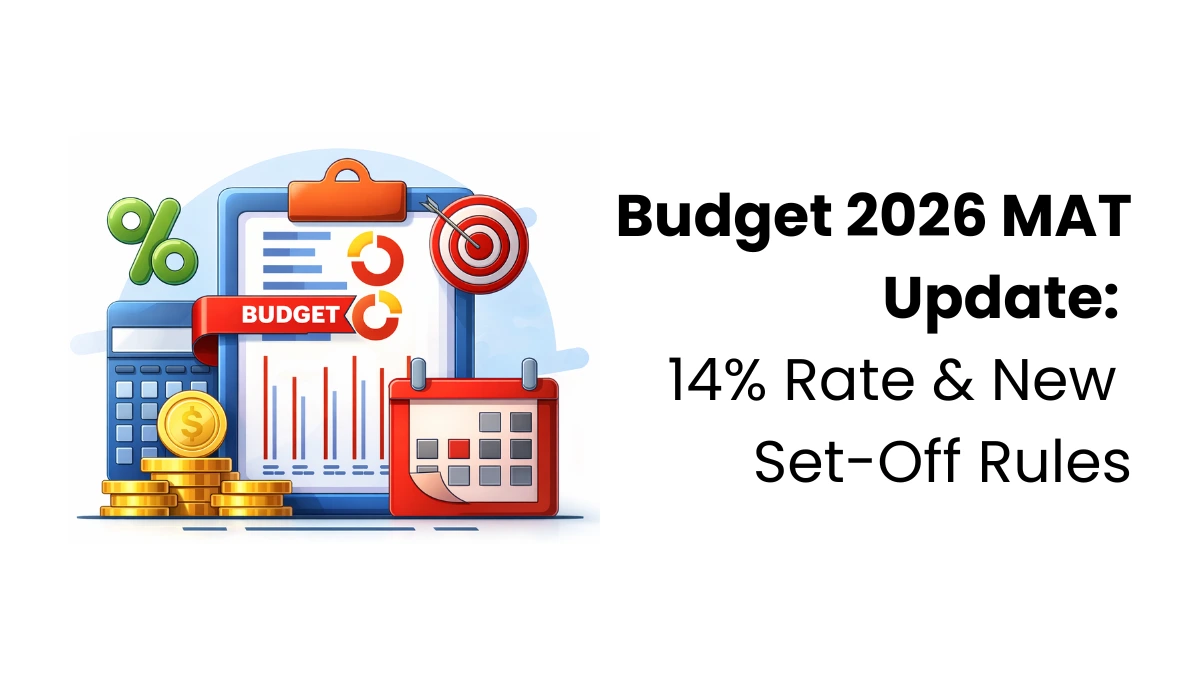Several people affiliated with a specific company or an LLP possess capital in accounting. When part of the team, they transact by investing cash in the business as capital. This explains why, in the partnership or LLP agreement, each has almost control over the company, and their profits and losses are also shared in proportion to their investment.
Stockholders own equities in a firm. They purchase the shares and earn their money in dividends based on the number of shares they possess. Like directors, shareholders also have voting rights based on the number of stocks they own.
What is Capital in Accounting?
Capital in accounting is the funds the business enterprise owner deposits. It is also referred to as owner’s capital and informs the quantity of investment made by each of the industry partners.
While the business expands, the capital account will rise. In the case of the company’s closure, the capital account displays how much each partner should share after reimbursement of all the amounts owed to other people.
Nevertheless, it is noteworthy that the capital account differs depending on the business type. It can be controlled by recording the data in a spreadsheet.
How Does a Capital Account Work?
All contributions from the owners are credited to their capital accounts. These contributions can be the initial investments made when the business was started and any additional contributions made later. Capital in accounting is adjusted according to the profit and loss ratio at the end of each fiscal year.
Types of Capital Accounts
Sole Proprietorship
In a sole proprietorship, one person owns the entire business. The capital account is listed as the owner’s name, followed by “Capital in Accounting” in the financial statement.
Partnership/LLC
Multiple people invest their capital in a partnership or LLC to achieve common business goals. Based on their equity, the partnership agreement or LLC operating contract determines each partner’s share of profit or loss.
Shareholders
Shareholders buy company shares and receive dividends based on the number of shares they own. They have a percentage of ownership in the company. The capital account in the business balance sheet tracks its profits. Shareholders also have voting rights, which depend on the number of shares they hold.
Importance of a Capital Account
Makes Tax Payment and Filing Returns Easier
Private business owners pay taxes on the profits they earn each year. Tracking profits and losses in the capital account helps business owners know how much they owe, making tax payments and return filing easier.
Helps in Getting Loans
Lenders examine a business’s capital account to assess its financial health and the owner’s ability to repay loans. A clear and accurate capital account can help business owners obtain loans more quickly.
Track Contributions
Capital in accounting helps track contributions when starting a business with partners. It shows how much each owner has put in, ensuring transparency and helping the company succeed in the long run.

Tips to Maintain a Capital Account
Pay Providers On Time
Paying suppliers on time helps manage your capital account. It shows how much money is available to the owners and avoids mistakes, like counting money owed to suppliers as part of the retained income.
Keep Proper Records
It is essential to keep detailed records of all business expenses and profits. This helps you get accurate earnings, dividends, and cost reports and makes calculating your capital account balance easier.
Relying on Software
Accounting software is an easy and effective way to manage a capital account. It does the calculations and formatting for you, saving time and effort. The software can also help with other tasks like tracking expenses and sending invoices.
While big businesses can afford pricey accounting software and large accounting teams, smaller companies and startups might need help.
To learn more about accounting, check out Finprov Learning. We offer a variety of accounting courses online, including CBAT, PGBAT, Income Tax, Practical Accounting Training, PGDIFA, DIA, GST, SAP FICO, Tally Prime, MS Excel, and more. Our finance courses are designed for graduates and professionals, providing a complete learning experience.
We also offer the best accounting courses with practical training. Our hands-on approach helps you develop real-world skills to start your career confidently after graduation. Contact us today to explore our accounting courses and enhance your knowledge for a better future.










